Shared Parenting News.
The posts below are a selection of the most recent shared parenting news. To view our blog , which has been discontinued and archived, please visit sharedparenting.com.

Co-parenting School-aged Children
As we approach a new school year, parents begin to turn their attention to back-to-school thoughts. What school supplies will your children need? What clothes will they want? When will the house be quiet again during the late morning and early afternoon hours?
My son’s father and I separated in July right before our son started kindergarten. Many studies have shown that children of divorce often earn lower grades than their peers whose parents are still together. And beyond the divorce itself, this can impact your children in the long term as well. Just think about how important grade point average is to a high school student when it comes to getting into the college of their choice. One bad grade and the damage is done. I wasn’t about to saddle our son with the burden of our choices right as his academic career started. And you don’t have to either. Don’t let your child become an academic statistic.
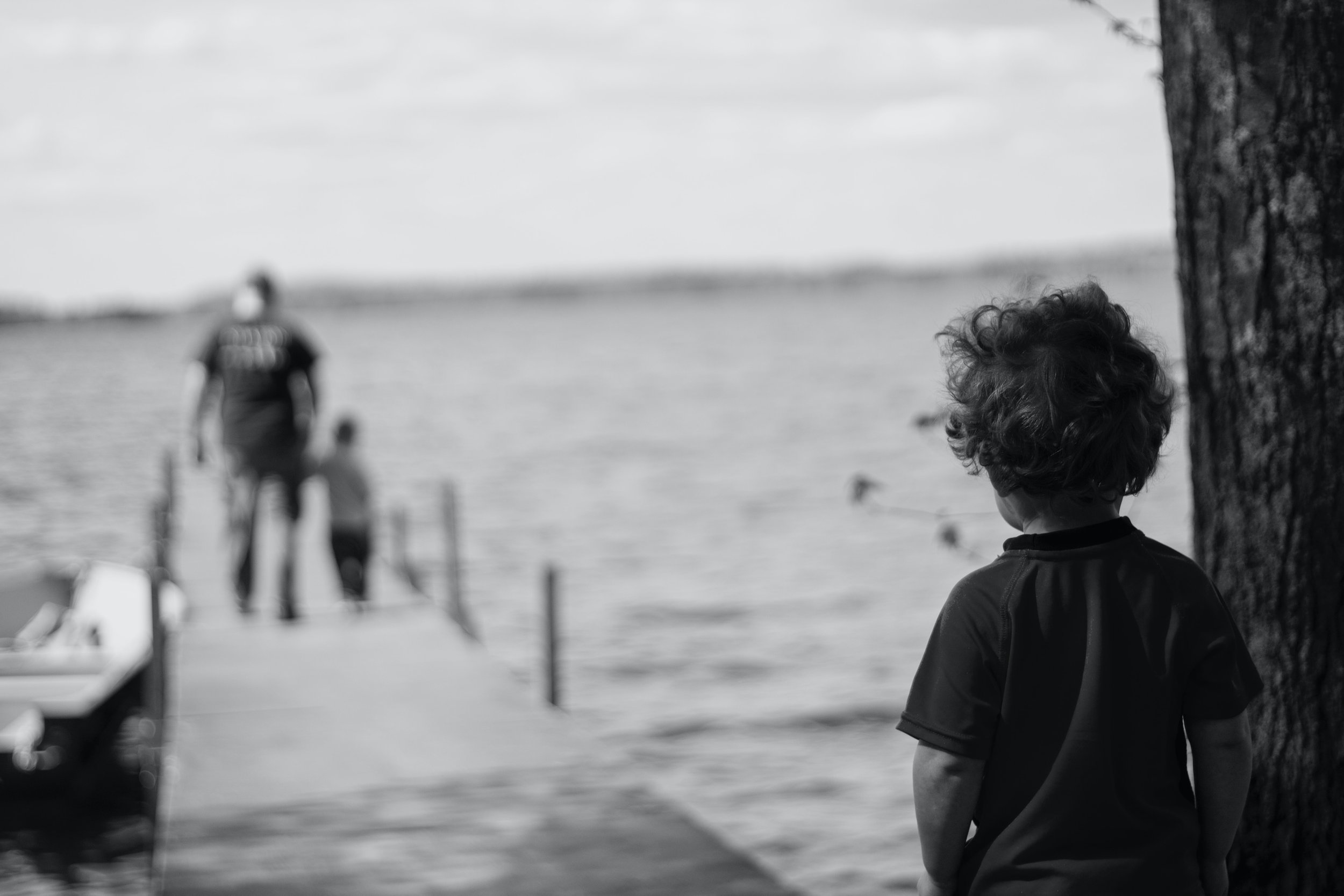
A New Attack on Shared Parenting
Opponents of presumptions of equal shared parenting have attacked it from many directions. NPO, sometimes working together with the International Council on Shared Parenting, created a series of handouts to respond to the fallacious attacks on shared parenting. Recently, opponents of shared parenting have adopted a new strategy. It’s fallacious. (It’s what logicians call an ad misericordiam fallacy—an argument that attempts to persuade by appealing to feelings of sympathy.) But it’s likely to be effective on people who don’t know the relevant facts.

Legislators Support for Equal Shared Parenting Laws
Since Kentucky passed the country’s first explicit equal shared parenting presumption in 2017, one thing has become very clear about shared parenting bills: they enjoy strong bi-partisan legislative support!
Kentucky’s 2017 law, which passed as a result of the efforts of Matt Hale and his NPO-Kentucky team, created a presumption of equal shared parenting for temporary orders, during the pendency of the trial. This bill passed both chambers of the Bluegrass state’s legislatures with no negative votes. In 2018, the Kentucky legislature passed a similar presumption for final orders. This passed the Senate unanimously and the House by a vote of 81 to 2.

Florida Joins the Equal Shared Parenting Club
Florida just enacted a law that creates a rebuttable presumption of equal shared parenting when parents divorce. It is the fourth U.S. State with an explicit presumption that children will continue to have the equal involvement of both of their parents when the parents divorce unless there is evidence that this is not in their best interest.
Kentucky, as the result of the work of NPO’s Matt Hale, was the first state to enact explicit presumptions of equal shared parenting—in 2017 for temporary orders and in 2018 for final orders. In 2021, Arkansas joined the equal shared parenting club. And in 2021, West Virginia joined.

Family Vacation Planning Tips for Co-parents, Stepparents, and Blended Families
Family vacations play a key role in building strong family bonds. Vacations give family members an opportunity to relax, reconnect, and set aside distractions so they can enjoy being together. Whether it’s camping, going to the beach, visiting an amusement park, or dedicating a week to a staycation where you all just spend great quality time together, children look to family vacations as a time when the parents are free of work distractions and more focused on them.
While teenagers may complain about being away from friends, scowl at activities they don’t think they’ll enjoy, and bury themselves in their phones, don’t be fooled by their aloof demeanor. These are the times they will remember for the rest of their lives. And that’s to say they will remember them when they happen and when they didn’t happen.

6th Annual ICSP Conference A Success
Early this month, I had the privilege of attending in Athens, Greece, the 6th Conference of the International Council on Shared Parenting (ICSP) organized around the theme of New Paradigms: Research and Practice on Shared Parenting. NPO has been a strong supporter of ICSP and an active participant in its programs since ICSP was created about a decade ago, including taking the lead on organizing the 2017 NPO/ICSP conference in Boston, the videos of which are available here.
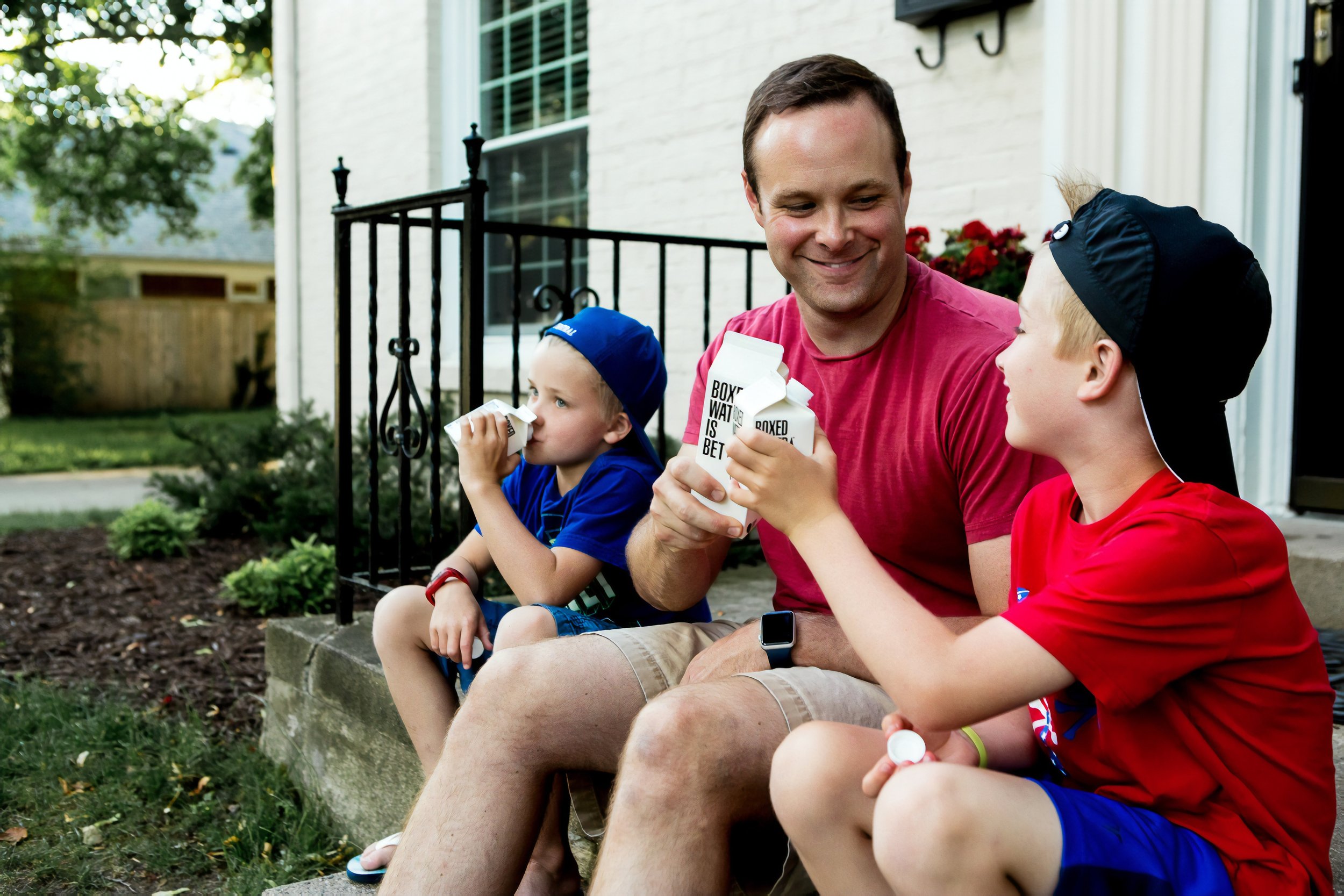
4 Strategies to Combat Parental Alienation
While collaborative co-parenting is on the rise, there are still too many parents who fall victim to parental alienation by their co-parent. Parents who are too hurt, too angry, or just too narcissistic to consider the wellbeing of their child over their own emotions go to great lengths to deprive both their child and their co-parent of the opportunity to build and maintain a meaningful parent-child relationship.
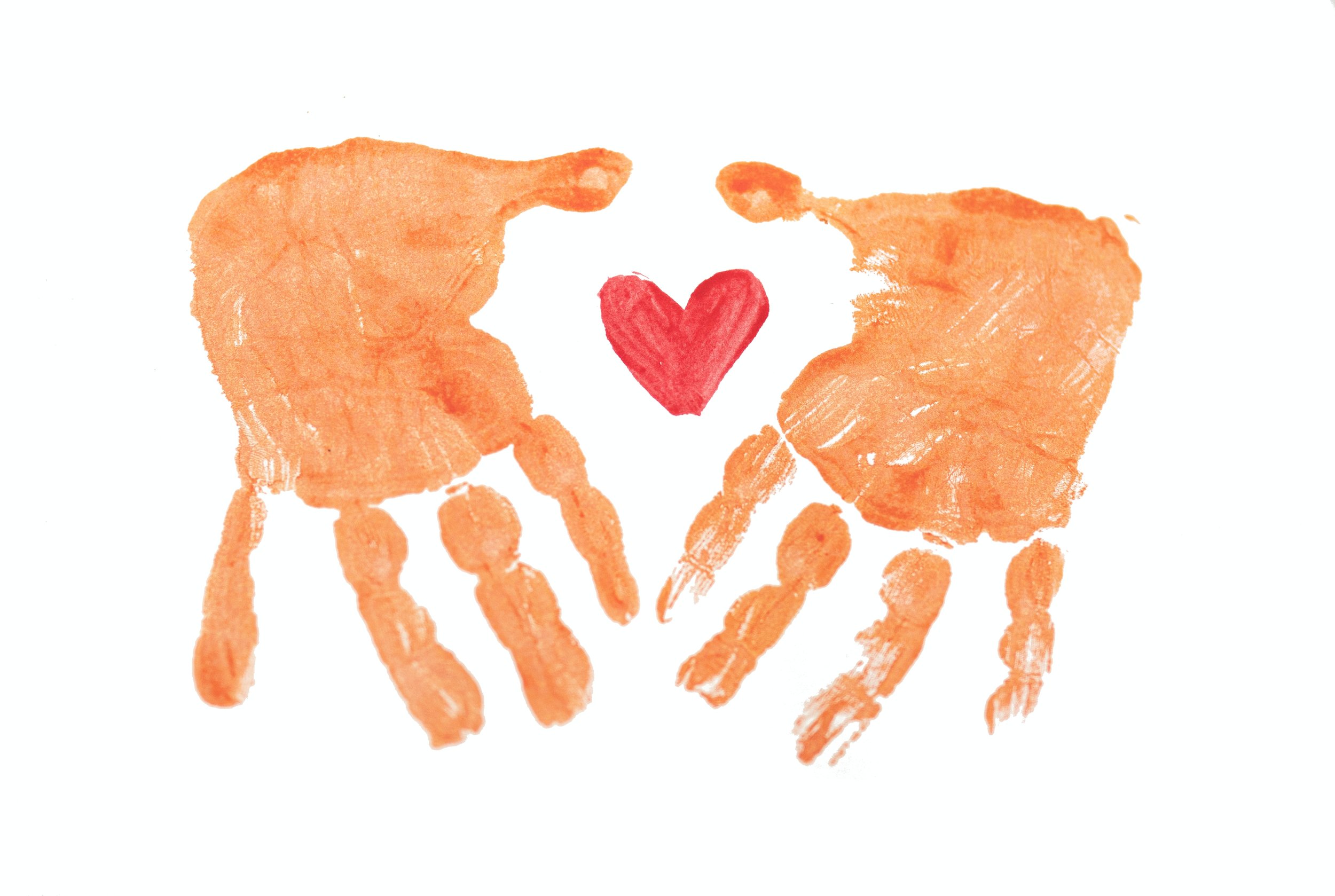
How to be a Fully Present Co-parent
Are you a victim of parental alienation or constantly fighting with a co-parent to comply with your parenting agreement? Conflicts in co-parenting can be difficult to resolve. Especially if you feel like you are the only one trying to be cooperative. Yet are you certain you are doing everything possible to improve your circumstances and your parenting experience?
Last month, I introduced four strategies that will help you to minimize parental alienation.
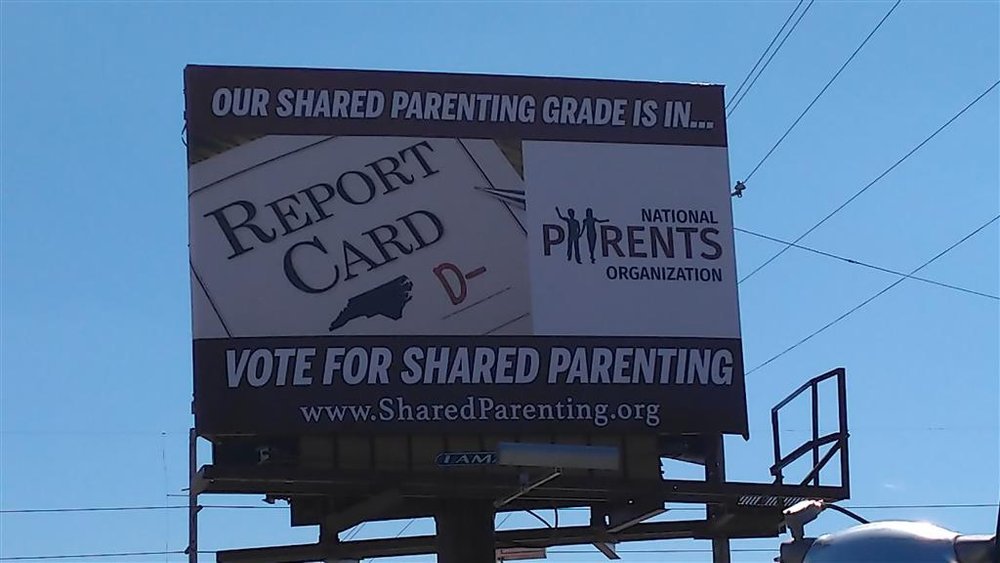
North Carolina Lawmakers Introduce Comprehensive Shared Parenting Bills
With bipartisan support and sponsorship, North Carolina lawmakers in both the House and Senate have introduced bills to support shared parenting. These drafts, which were filed in April 2023, are the most comprehensive shared parenting bills to date in North Carolina. The introduction of these bills prove that lawmakers recognize that children of separated and divorced families deserve equal time with both of their parents.
Ashley-Nicole Russell, an author, attorney, and member of the National Board of Directors for National Parents Organization, is a major proponent and supporter for Senate Bill 576 and House Bill 735, both entitled “An Act Establishing a Presumption of Joint Custody and Shared Parenting.” She worked as part of the advisory and advocacy work to get these proposed bills to lawmakers who are passionate about this issue.
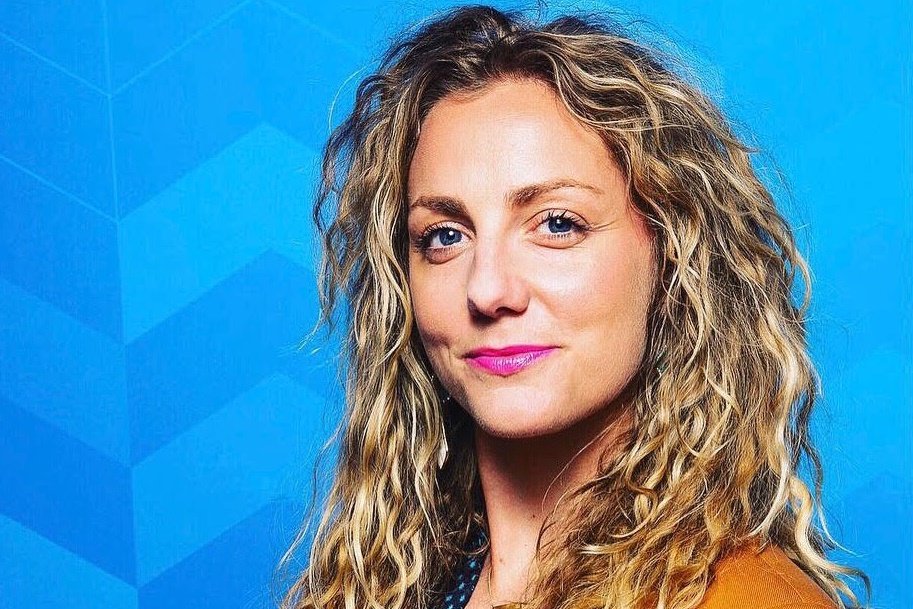
How the Foundation of Collaborative Law Supports Shared Parenting
Written by: Ashley-Nicole Russell, Esq. of AN|R Law: A Negotiated Resolution and NPO Board Member
Throughout our lives we make countless choices. Those choices impact almost everything that follows including our happiness, wellness, health, mindset, and so much more. For couples with children who explore separation or divorce, many don’t realize they have choices when it comes to how they divorce. It’s important that they consider how each separation or divorce process could affect their family. While most are likely familiar with traditional divorce through litigation, there is another type of divorce that is helping families divorce healthy around the world. Collaborative Practice is an alternative dispute resolution that takes place out of the court system. This process and the International Academy of Collaborative Professionals were recently nominated for a Nobel Peace Prize for the work done helping families during divorce and separation.
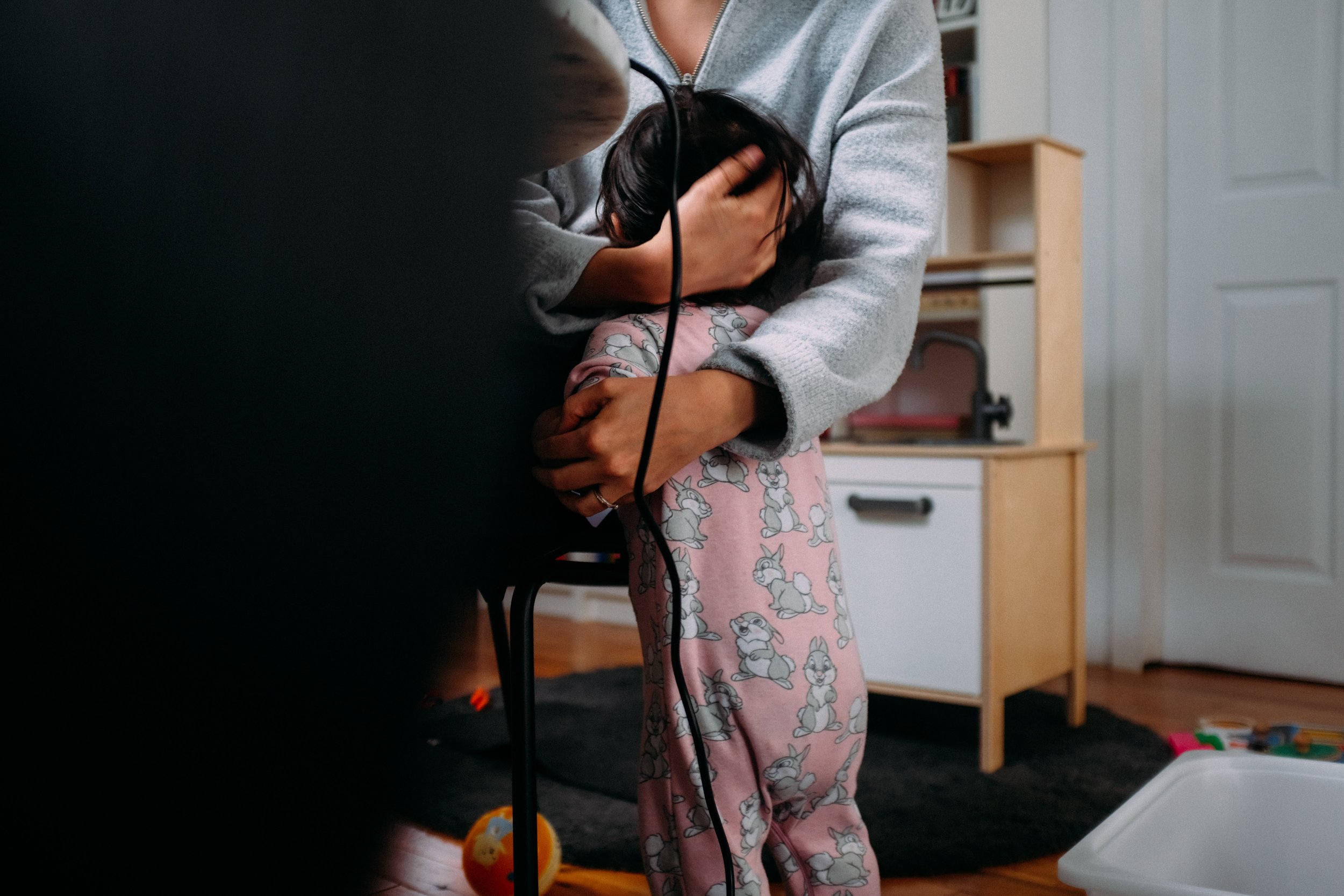
4 Strategies to Combat Parental Alienation (Part 1 of 2)
As a co-parenting coach, I have some parents, particularly fathers, reach out to me for help because they feel they are being alienated from their children. There’s a lot of debate among family professionals over the term “parental alienation”. But as someone who has heard countless tales of moms (and some dads) who go to great lengths to build a wedge, if not a wall, between a child and their other parent, I can say for certain that whatever you want to call it, many divorced parents, mostly dads, are being deprived of having a relationship with their children because of the actions of the other parent.

Shared Parenting and Child Maltreatment: Data from Ohio and Kentucky
Shared parenting advocates are often met with concerns that presumptions of equal shared parenting will put domestic violence victims at risk and endanger children. National Parents Organization has not seen any data to support such concerns. And, in fact, the data available suggest the exact opposite is true: presumptions of shared parenting are protective of abuse victims and children.
Here, I want to focus on some research concerning shared parenting and child maltreatment—abuse and neglect. As a child-focused, research-based organization, child well-being is of central concern to NPO.

Co-parenting is Not a Competition
Last month’s article addressed two of three obstacles to collaborative co-parenting that many parents struggle with. These obstacles are:
1. Being angry or emotionally hurt
2. Getting defensive
3. Competing for favor
We covered the first two obstacles in last month’s article. Now, let's address the last one…

What to Look for in a Therapist in High Conflict Custody Cases
Relational issues are one of the most common reasons why people go to therapy. The vast majority of individuals will experience some positive benefits from therapy. The training a therapist receives in graduate school, practicum, and internship provides the skills and information necessary to guide people in a way that increases their insight about their own intrapsychic and interpersonal barriers in relationships. So, why do they not have the same level of success with families going through high conflict, litigated, separation and divorce?
Most parents who divorce will find a way to minimize their conflict. Even if they cannot attain a harmonious “conscious uncoupling” as described by Katherine Woodward and later popularized by Gwyneth Paltrow, they are able to bring closure to their intimate relationship and move themselves and their children into a stable and somewhat amicable new existence where family units exist in two homes instead of one, where parents operate differently but still unite on important topics, and where healthy parent child relationships are valued by both parents.

Life After Separation: 7 Coping Strategies for You and Your Children
No one prepares you for life after separation from a loved one. And while it may seem impossible, you can rebuild your family’s life even when your partner is no longer in the picture. Whether you’re trying to adjust to life with a loved one in jail, move on from divorce, or deal with the death of your partner, here are a few tips on how to cope with the grief and major changes that may arise.

How to Overcome 3 Obstacles to Collaborative Co-parenting
Many parents living separately attempt co-parenting only to see their efforts fail. But why? For the vast majority of divorced and separated parents, their efforts to co-parent collaboratively don’t fail because they are bad parents, unwilling to give it a try, or want to ruin their kids’ lives. It’s because they don’t know how to overcome the obstacles standing in their way.

In Memory of Greg Wood
Greg Wood of Lexington, KY passed away on Friday, January 6, 2023, at the age of 57. Gone much too soon, Greg was a dear friend to so many, and a pioneer for shared parenting in the state of Kentucky. Led by former NPO Kentucky State Chair and current NPO board member, Matt Hale, Kentucky had a volunteer team dubbed “The Kentucky Heroes” that worked tirelessly on helping to pass House Bill 528 in 2018, which was the nation’s first true shared parenting law. While not officially a part of NPO, Greg Wood was the Kentucky State Lead for The Fathers’ Rights Movement at the time, and was very much a key part of that team. He was a selfless and servant leader, and such an amazing mentor for so many of us in the group to follow.

Five Choices We Made as Co-parents to Become Happily Divorced
Back in 2019, I released my first book on co-parenting, Happily Divorced: A Journey Through Divorce & Co-Parenting by the Golden Rule. In contrast with Combative to Collaborative: the Co-parenting Code which would be classified more as a “how-to”, Happily Divorced is a memoir in which I shared with the world the choices my son’s father and I personally made throughout our co-parenting journey. I felt and still believe that sharing our story helps other divorced and separated parents to see that being happy parents and raising happy children after divorce is not only possible, but should be expected.

Policies and Programs Affecting Fathers
Jessica Pearson, PhD, director of the Fatherhood Research & Practice Network (FRPN) and the Center for Policy Research (CPR), along with CPR research analyst Rachel Wildfeuer, PhD, have authored a 12-chapter compilation of policies and programs that support the engagement of fathers with their children in all 50 states and the District of Columbia.

Programs to Help Children With Divorced Parents
By Ruth Riley
It's undeniably clear that divorce is challenging for children of all ages. Still, the good thing is that parents can follow various guidelines to support their kids during and after the process. Below is a list of programs to assist kids in coping with the outcomes of a divorce.
Seek Outside Help
Mental health centers, social service agencies, and family counselors are helpful. Most parents seek professional help to navigate the process when child abuse or domestic violence occurs. Professionals help you plan for contact with the other parent and the best way to communicate with kids about a divorce.

